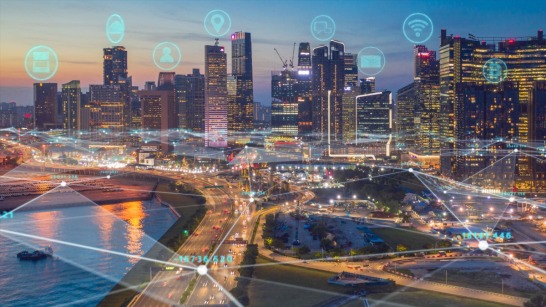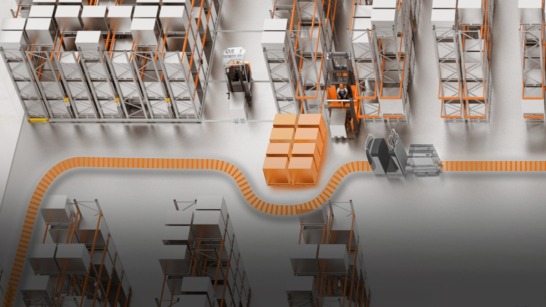
Improving Environmental Performance with the Latest Cloud Technology
From sending messages and photos over social networks, to talking to smart home systems, through to streaming movies and music: today, many of our everyday activities utilize the latest cloud technology. This provides countless benefits, not just in day-to-day life, but also in intralogistics. Cloud solutions make the goods flow safer, faster, and more flexible, while also contributing to KION’s sustainability strategy.
2022-10-12



